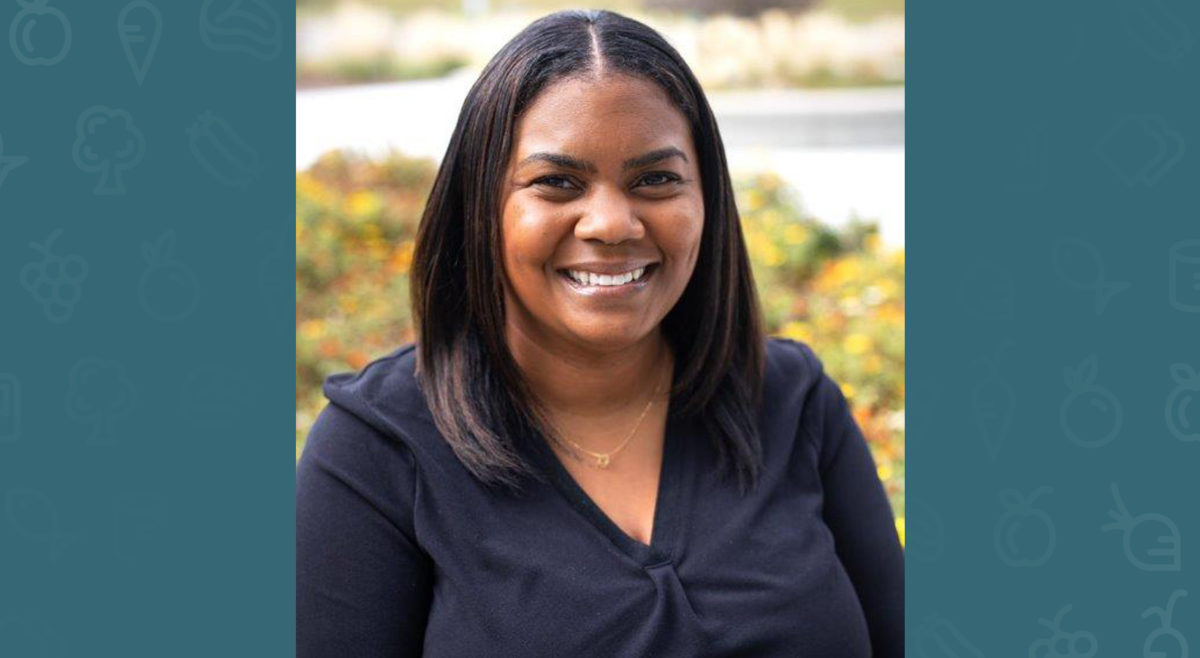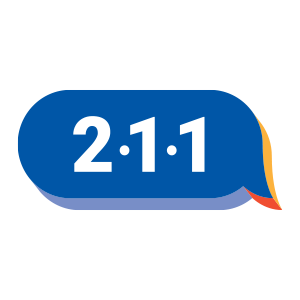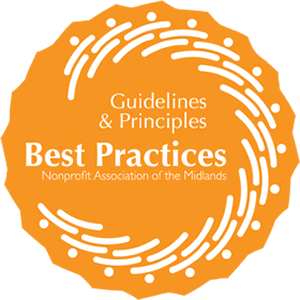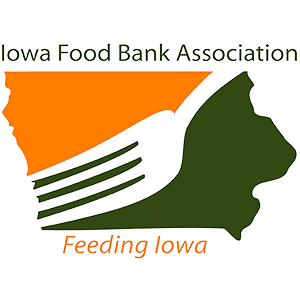Jay Warren-Teamer is not an employee of the Food Bank, but she’s been connected to its mission in almost every aspect of her career. She was first introduced during her time at Mutual of Omaha. Jay was responsible for coordinating volunteer engagement activities between Mutual and community-based organizations, including the Food Bank. Much of her work focused on securing volunteers for a Food Bank program that provides summer meals to children.
Jay says it was an eye-opening experience that deepened her understanding of what hunger looks like. “We would see families who we’re really relying on this program for their meals. For some, it was a stopgap measure. Maybe someone lost a job or had a health issue, so they needed to rely on this program short term.”
It also helped her realize the widespread issue of hunger. “We went all the way to Plattsmouth, and into the hearts of north and south Omaha. People have a misconception that it’s an urban issue or there are certain areas more predisposed to food insecurity. And through my experience, that wasn’t the case. We tend to think about food insecurity as an employment issue. And while it is, there are a lot of families who are working two or three jobs that can’t make ends meet.”
In 2020, Jay transitioned to Blue Cross Blue Shield as their Director of Diversity and Inclusion and received another opportunity to partner with the Food Bank. “With DEI (Diversity, Equity, and Inclusion) being something the Food Bank has prioritized, Chad Werner—our CFO and Board Chair of the Food Bank—recommended I speak to the Board about how DEI could impact their work around food access, economic stability, and food security.”
Jay believes the essential work the Food Bank is doing to bolster its DEI program will evolve the organization. “I think the ripple effect will be huge. For folks to understand that there are elements of food access that are tied directly to diversity, equity, and inclusion; whether that’s age, race, gender, religion, or sexual orientation, it can lead to different experiences of how people access food.”
Jay points out that there are huge gaps in the current system across our country. “Historically, access to food through systems like food pantries has been, ‘Okay, here’s a box. You get apples and rice, no matter the considerations, dietary needs, religious or cultural needs. That is equality. Everyone gets the same thing.”
She’s excited to see the Food Bank begin to incorporate an extra step—equity. “That is where we can start to meaningfully close the gaps and acknowledge that food access and food justice can’t be this one-size-fits-all approach. We want to implement that across the system, so it becomes more of a norm and expectation.”
As Jay has gained a deeper knowledge of the Food Bank throughout her professional career, the fight against hunger has become a personal one for her. “Access to food is a human right. We want to think about how to ensure everyone has access to food, that is culturally competent for them and not an afterthought. I have a toddler and I couldn’t imagine not being able to give him the healthy foods he needs. I’ll do anything I can do in my small corner of the world to help advance awareness and the importance of food security.”
While Jay is beyond grateful for each of her experiences with the Food Bank, she promises they haven’t seen the last of her. “I really admire the team and the commitment they have to serving our communities. I want to acknowledge the dedicated folks who make that work happen because we see it. That’s another reason I can’t get away, it’s just a really special place, with really great people.”






